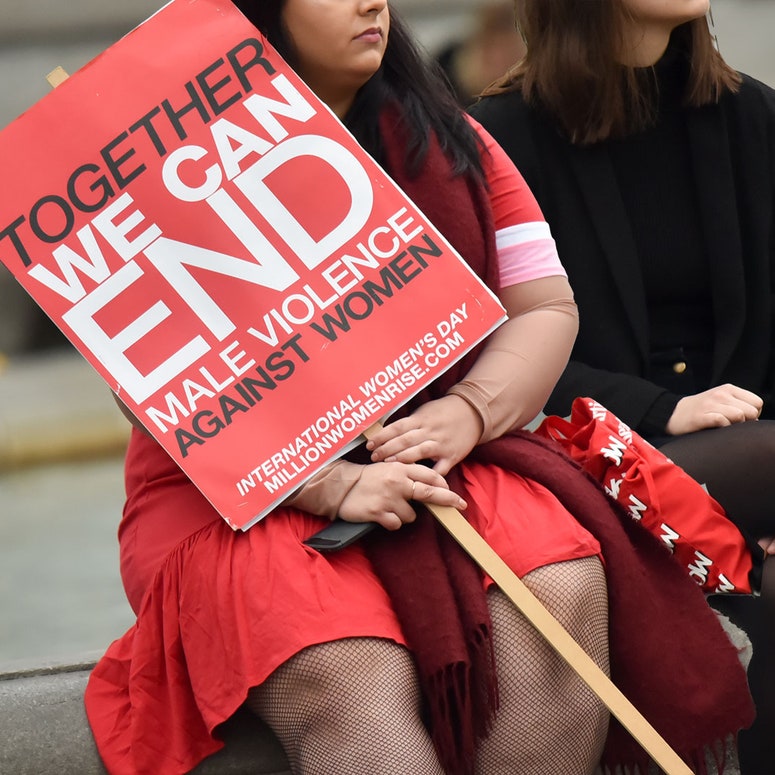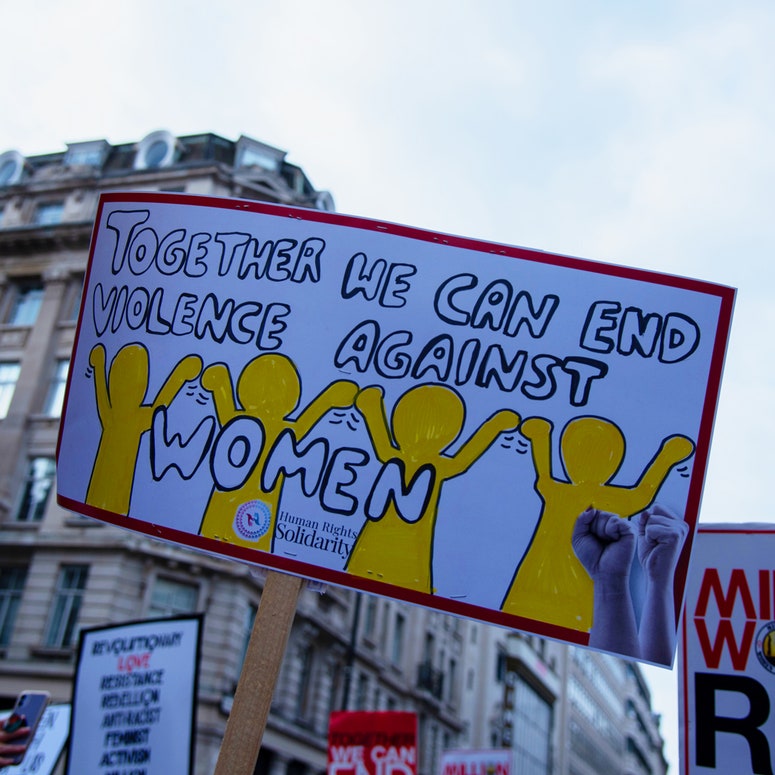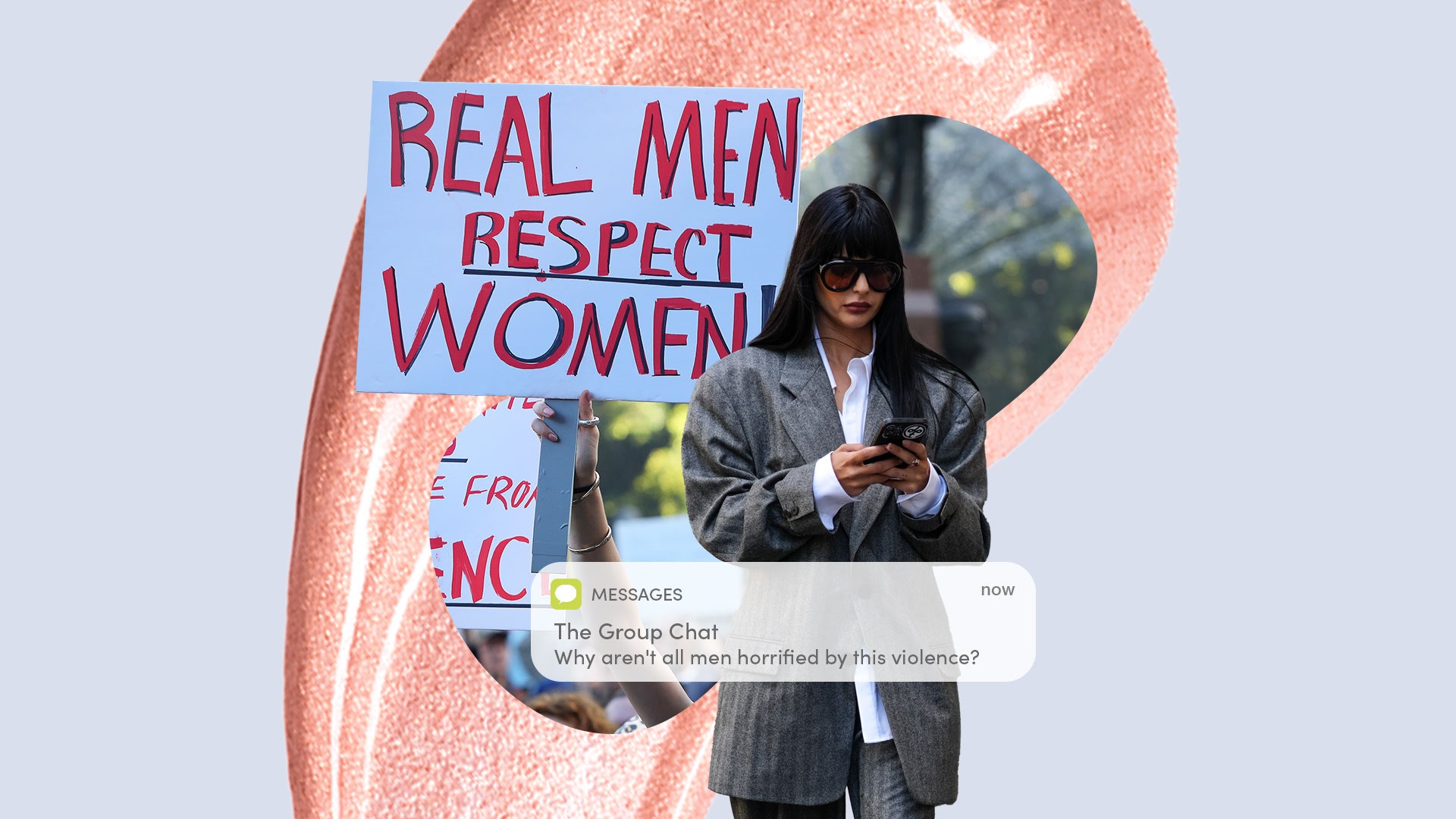This article references rape, torture, and murder.
We start the week in Kenya, where on Monday, Dickson Ndiema reportedly bought a can of petrol, poured it over his girlfriend, Olympic long-distance runner Rebecca Cheptegei, and then set her alight.
Later that day, a trial begins in France. Dominique Pélicot has pleaded guilty to drugging his wife, Gisèle Pélicot, and inviting more than 80 men to rape her over the course of a decade. Gisèle, who waived her right to anonymity to ensure that “no woman suffers this” in the future, has been described by one newspaper as taking “public revenge” on her husband and the men who attacked her.
While another media outlet refers to her as a “gang-raped wife”, Gisèle has been reminded by the judge to use the words “sex scene” rather than rape when describing one of the men who attacked her while she slept, to protect the accused's presumption of innocence. When describing another man who allegedly attacked her, she said, “One who was HIV-positive came six times. Not once did my husband express any concern about my health.” After learning of the attacks, Gisèle discovered she had four sexually transmitted diseases.
On Thursday, we learned that Rebecca Cheptegei's organs failed – and that she died in agony.
I want to look away, but I can't.
I scroll through X, shamefully desperate not to think about Rebecca or Gisèle. I see a video of a woman being lashed in public by a Taliban official in Afghanistan. I see that Christiana Idowu, a 21-year-old student, has reportedly been abducted and killed in Nigeria. I see live updates of the ‘Kolkata rape case’ in India, where lawyers are examining the circumstances surrounding the rape and murder of a 32-year-old trainee doctor at the hospital where she worked. I remember that in the immediate aftermath of her murder, searches for videos of the crime reportedly spiked on pornography sites.
I want to see these stories as isolated incidents, but I can't.
I wake up thinking about Bebe King, Elsie Dot Stancombe, and Alice Dasilva Aguiar, three little girls who were stabbed and killed by a man at a Taylor Swift-themed yoga and dance workshop in Southport. Or about Carol Hunt and two of her daughters, Louise and Hannah, who were shot with a crossbow by a man in their home in Hertfordshire. As I write these words, I get a news alert that a man has been arrested on suspicion of killing Khasha Smith, a young woman who hasn't been seen since October 2023.
The weight of the last few years of reporting on male violence against women hangs over me – and I feel guilty that I'm not able to bear it. My thoughts often return to the male violence I've experienced, in particular, the way one man's curiosity turned to ecstasy as he attacked me. I can't get the image out of my head.
And then I feel guilty for making other women's pain and death all about me.
I want to believe that the men in my life care as much about male violence against women as I do – that they want to share the burden – but still, I can't.
Gender-based violence is not inevitable.

Often, when I talk to the men in my life about how male violence continues to impact me, I start by reassuring them that I know it's not all men. Why do I do this? Perhaps they will believe me if they know I'm not pointing the finger at them. But then again, perhaps I should be pointing the finger at them.
I've sat on TV panels and deliberated on radio shows about the ongoing male violence crisis. I've discussed how we, as a society, can stop men and boys from being radicalised by misogyny influencers; how we, as a society, need to promote positive masculinity; how we – yep, as a society – need to provide safe spaces for men to process their emotions without judgement. But I'm starting to realise something. It's not a societal problem. It's a ‘men’ problem. And it's women who are doing the heavy lifting of sorting it all out.
We're not merely tasked with solving the crimes committed against us; we're expected to empathise with – and indeed, redeem – the perpetrators.
I'm sick of writing articles about male violence that most men don't bother to read. I'm sick of swallowing the word ‘rape’ so that the men in my life don't flinch when they look at me. I'm sick of believing that most men are fundamentally good, especially when most men scroll past the same news stories that floor me. I'm sick of living through a femicide that no one – least of all men – wants to talk about.
Women, like everyone, deserve to live free from violence. Why is this so controversial? Why should I bend over backwards to make women's safety seem palatable to the very people who threaten it?
For more information about emotional abuse and domestic abuse, you can call The Freephone National Domestic Abuse Helpline, run by Refuge on 0808 2000 247.
For more information about reporting and recovering from rape and sexual abuse, you can contact Rape Crisis on 0808 500 2222.
If you have been sexually assaulted, you can find your nearest Sexual Assault Referral Centre here. You can also find support at your local GP, voluntary organisations such as Rape Crisis, Women's Aid, and Victim Support, and you can report it to the police (if you choose) here.
You're not alone, and support is available.

For more from Glamour UK's Lucy Morgan, follow her on Instagram @lucyalexxandra.

